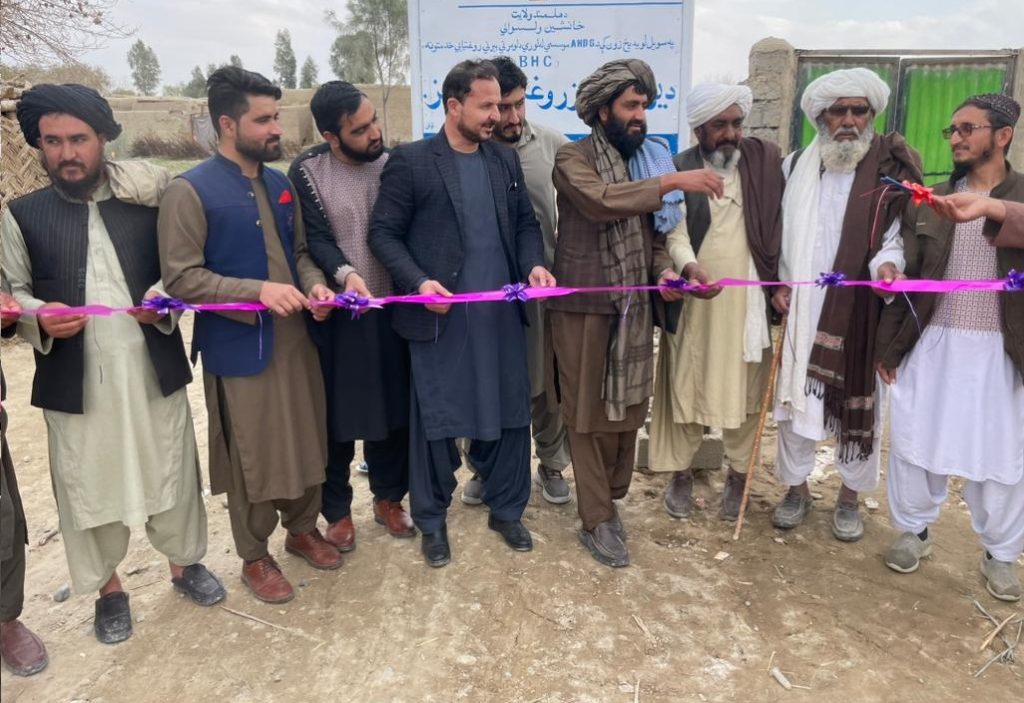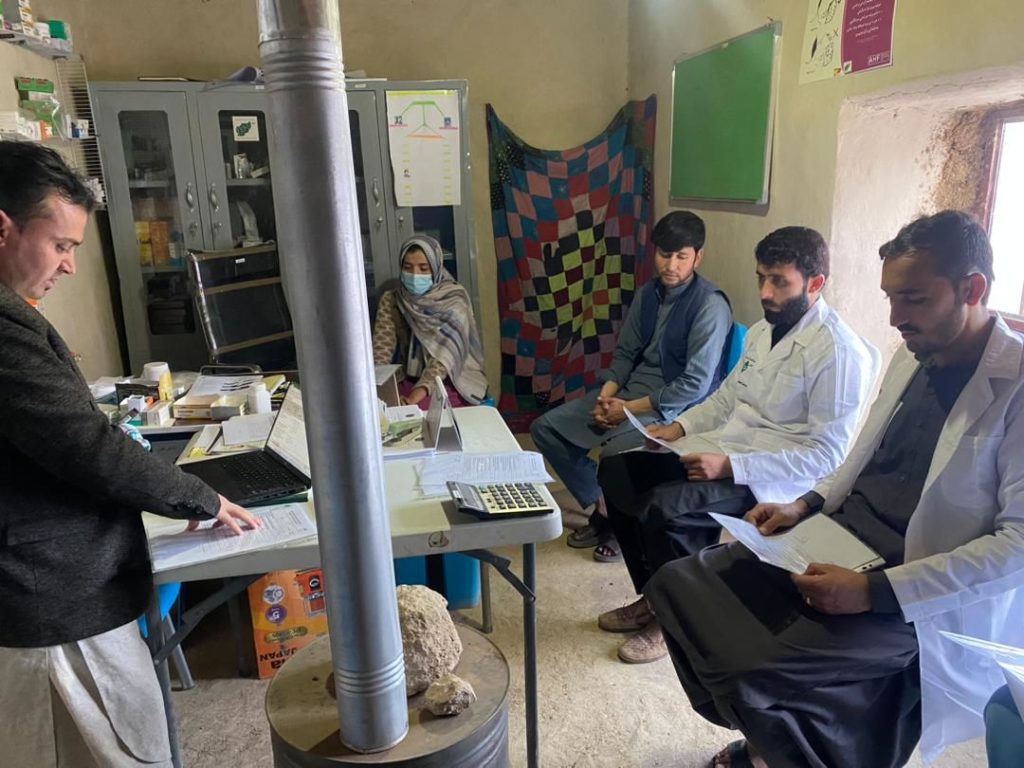PHC in Hard-to-Reach Areas
The “PHC in Hard-to-Reach Areas” project is developed in line with AHF Vision Statement: to save lives and alleviate the suffering of affected population; supporting mainstreaming and cross-cutting issues including PSEA, Accountability to Affected Populations (AAP), protection, gender, age, and disability. The project is designed to address 1st Health Cluster Priority that is expanding primary health care services (PHC). Project objective is access to primary health care services in hard-to-reach areas; with emphasis on treatment and prevention of respiratory infections and other winter related risks. Geographical locations: Two basic health centers (BHC) were established in the south region, prioritized by the standard allocation: 1. Helmand: Reg (Khan Nishin) District and 2. Zabul: Daychopan District.

The main activities are (for a duration of six months; 1 Dec 2023 – 31 May 2024):
1. Support delivery of PHC services including reproductive health, MHPSS and non-communicable diseases.
2. Provide in-services training to health care workers.
3. Ensure communication, information sharing and coordination among health cluster partners to improve delivery of health care services to vulnerable population.
4. Train health care workers on GBV treatment protocol and PSEA identification and reporting; provide medical care for GBV survivors.
5. Monitor the health facilities on monthly basis and report to health cluster report-hub.
The services based on BPHS guidelines includes:
• Reproductive health; maternal, new born and child health service.
• Mental health and psychosocial support (MHPSS).
• Nutrition; minimal nutrition services for under five children and pregnant and lactating women (PLW).
• Immunization; vaccination for under 2 children and child bearing age women.
• Establish links with BPHS health facilities for referral of complicated cases.
• Infectious disease outbreak response.
• Care of communicable and non-communicable diseases.
• Provision of medicines and medical supplies.
• Training of health care workers on based on technical needs assessment.
• Promotion of mitigation measures for respiratory infections and other winter-related risks.
• Establishment if community health committees (Shuras) will be established for each BHC to facilitate the services.
• Monitoring the activities and performance will be done by technical staff of AHDS on monthly basis.

HMIS training for the staff by the HMIS Supervisor
